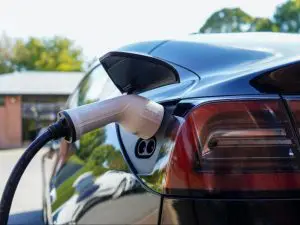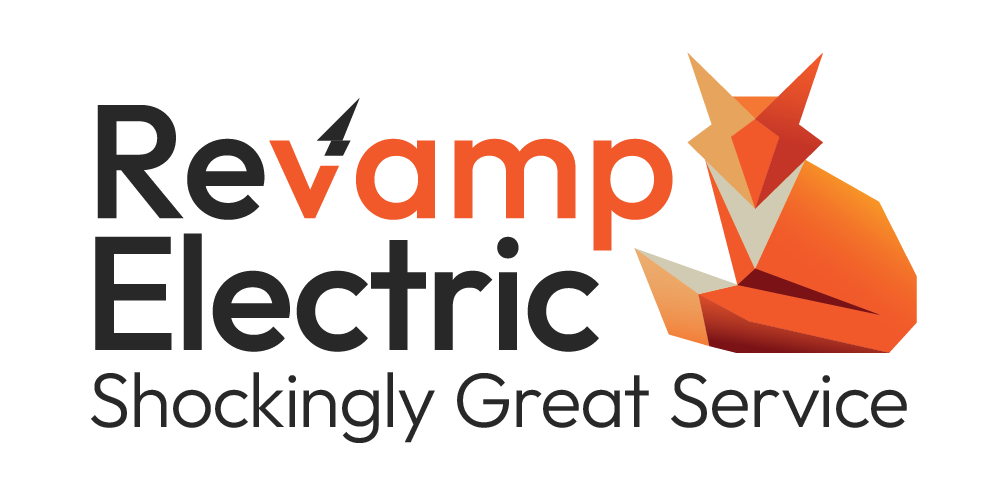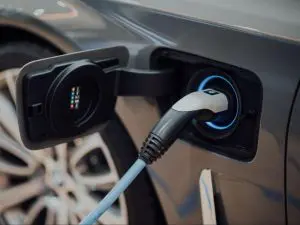As electric vehicles (EVs) become increasingly popular, the need for convenient and efficient charging solutions grows. Installing an electric vehicle charger at home is a game-changer, allowing you to charge your EV overnight and start each day with a full battery. However, like any home improvement project, budgeting for EV charger installation is essential to avoid unexpected costs and ensure a smooth process. In this guide, we’ll break down the factors affecting the cost of EV charger installation, provide budgeting tips, and explore the benefits of home EV charging. Charger Type: The type of EV charger you choose significantly impacts the installation cost. There are three main types: Level 1 (120-Volt): These chargers use a standard household outlet and are the slowest to charge your EV. Installation costs are minimal because they often require no additional wiring or electrical upgrades. Level 2 (240-Volt): Level 2 chargers are the most common for home installations. They provide faster charging speeds and typically require dedicated electrical circuits. Installation costs vary depending on your home’s electrical infrastructure and the charger’s location. Level 3 (DC Fast Charger): DC fast chargers provide rapid charging but are less common for residential use due to their high installation costs. These chargers require significant electrical upgrades and are typically found at public charging stations. Electrical Panel Capacity: The capacity of your electrical panel plays a crucial role in determining installation costs. If your panel has ample capacity, installing a Level 2 charger may only require adding a dedicated circuit. However, older homes with limited panel capacity may require a panel upgrade, which can be a substantial expense. Distance from Electrical Panel: The distance between your electrical panel and the charger’s installation location affects labor and materials costs. Longer distances may require more extensive wiring, conduit, and trenching, increasing the overall cost. Permit and Inspection Fees: Most areas require permits and inspections for EV charger installations. Budget for these additional costs when planning your installation. Charger Brand and Features: The brand and features of the EV charger can impact the cost. High-end chargers with additional features like Wi-Fi connectivity and advanced charging management may come with a higher price tag. Evaluate Your Electrical Panel: Before selecting an EV charger, have an electrician assess your home’s electrical panel capacity. Ensure that your panel can accommodate the charger without overloading the circuit. Choose the Right Charger: Select an EV charger that suits your needs without being overkill. For most homeowners, a Level 2 charger provides a good balance between charging speed and installation cost. Get Multiple Quotes: Request quotes from licensed electricians or EV charger installation professionals. Compare quotes to ensure you’re getting a competitive price. Explore Utility Rebates: Some utility companies offer rebates or incentives for EV charger installations. Check with your local utility to see if any programs are available. Consider Charger Placement: The location of your EV charger can impact installation costs. Choosing a location near your electrical panel can reduce wiring and labor expenses. Plan for Future EVs: If you anticipate adding more EVs to your household, consider installing additional wiring and capacity to accommodate future charging needs. DIY vs. Professional Installation: While some Level 1 chargers can be plugged in without professional help, Level 2 charger installations typically require a licensed electrician. DIY installation can void warranties and may not comply with local codes, so it’s essential to assess the complexity of the installation and consult a professional when necessary. Investing in home EV charging offers numerous benefits beyond the convenience of having a full battery each morning: Convenience: Charging your EV at home is incredibly convenient. You can plug in your vehicle overnight and wake up to a fully charged battery, eliminating the need to visit public charging stations regularly. Cost Savings: Home charging is often more cost-effective than using public charging stations. Electricity rates are typically lower, and some utilities offer off-peak rates for EV charging. Time Savings: With home charging, you save time by not having to travel to a charging station, wait for an available charger, or deal with potential charging queues. Environmental Benefits: Charging at home allows you to take advantage of renewable energy sources, further reducing your carbon footprint. Increased Resale Value: A home with EV charging infrastructure can be more attractive to potential buyers, potentially increasing the resale value of your property. Budgeting for EV charger installation is a crucial step in making electric vehicle ownership convenient and cost-effective. Understanding the factors that influence installation costs, choosing the right charger, and working with professionals can help you plan and execute a successful installation. With a home EV charger in place, you’ll enjoy the convenience of hassle-free charging and reap the benefits of lower costs and reduced environmental impact as you embrace the future of transportation.Factors Affecting EV Charger Installation Costs
Budgeting Tips for EV Charger Installation
Benefits of Home EV Charging
Conclusion



